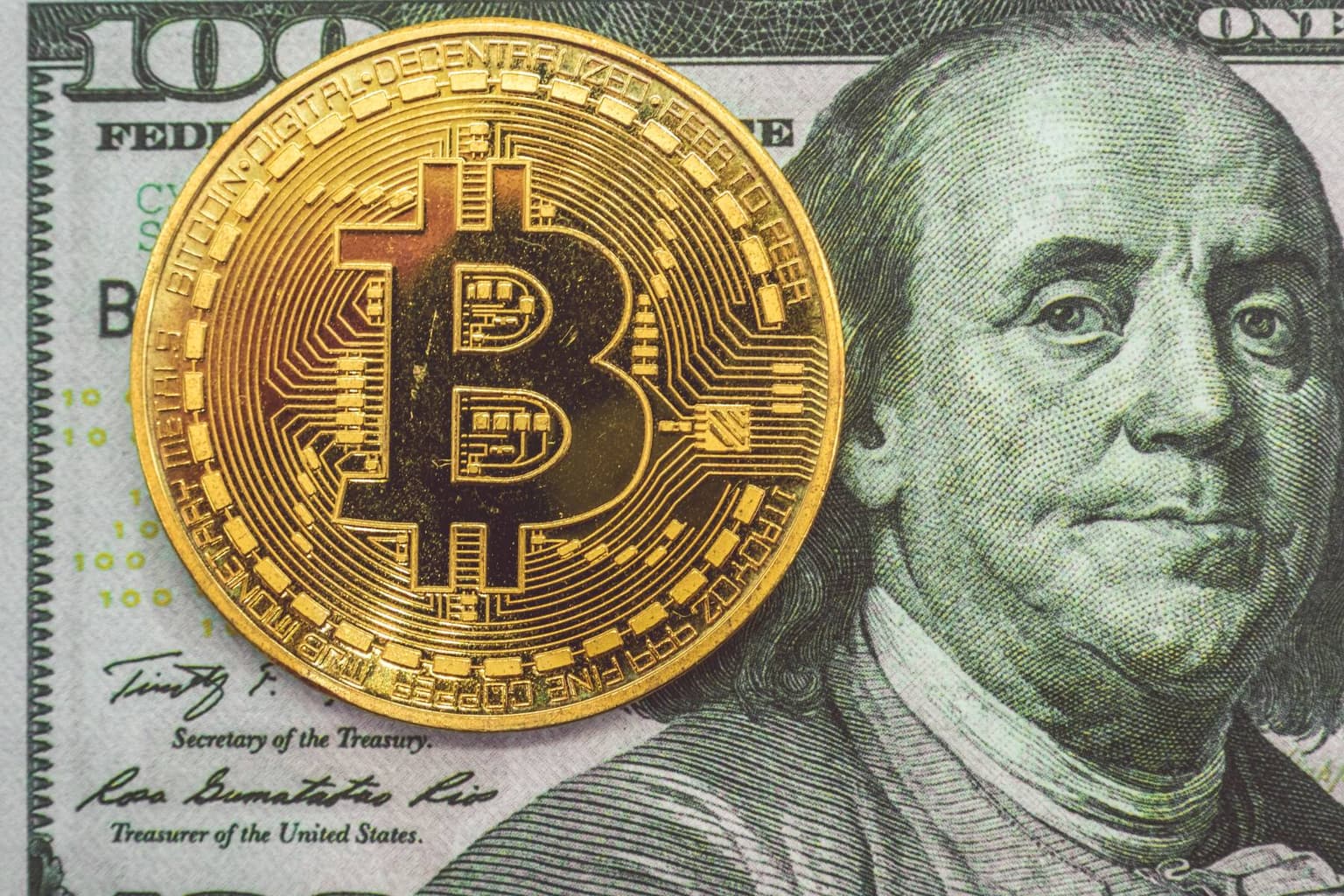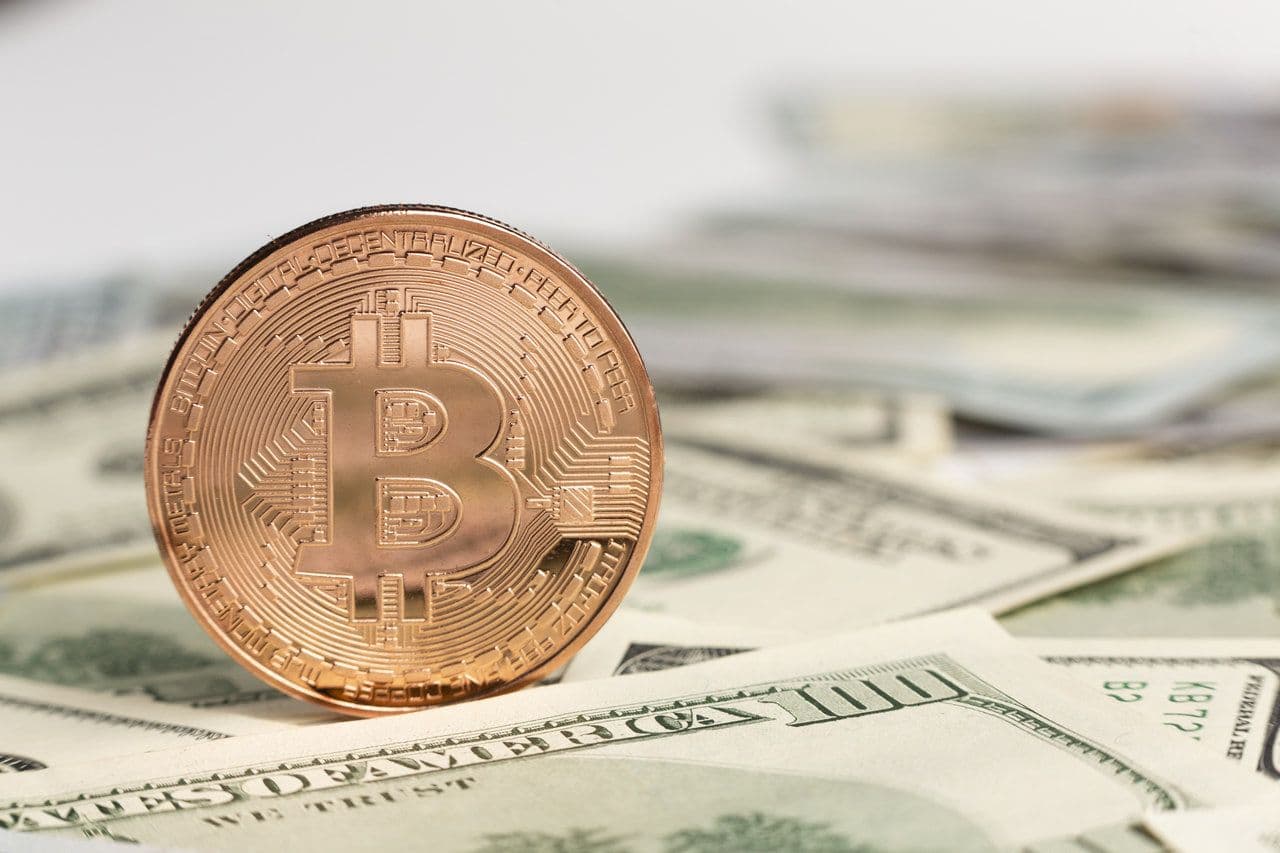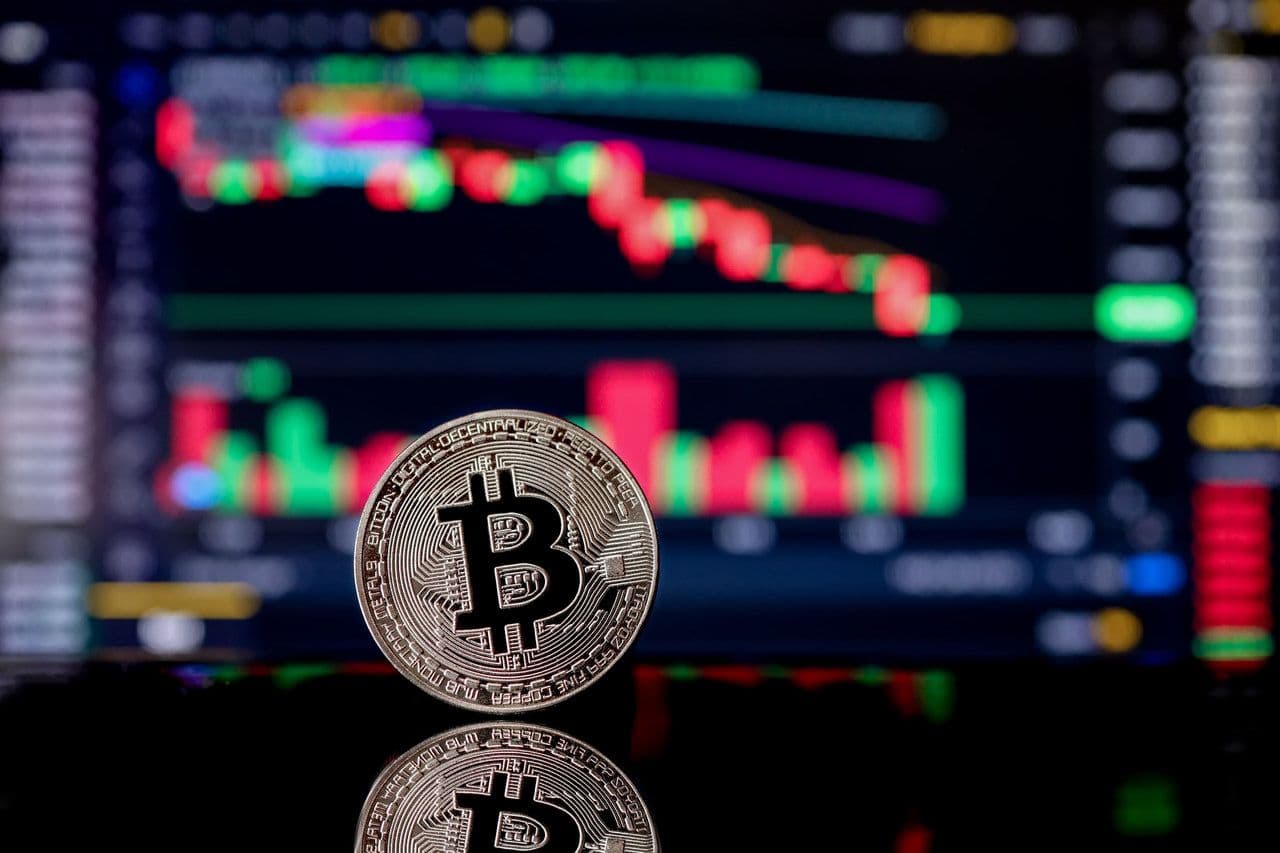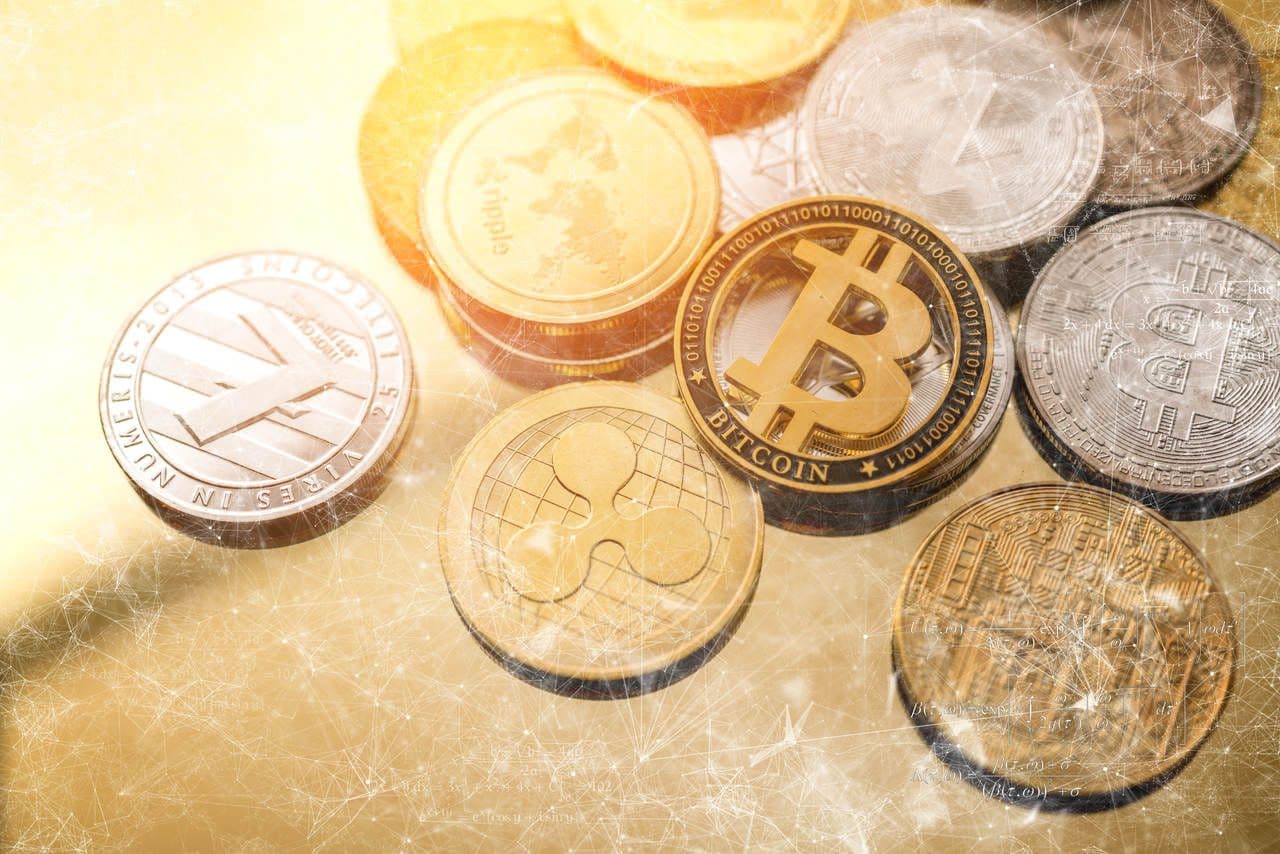What the Future of Bitcoin looks like – Fad or New Standard?
Cryptocurrencies have been around for about twelve years, but it has only been in the last few years that more attention has been paid to the phenomenon.

For many, cryptocurrencies are still a difficult means of payment to understand. But the popularity of many coins such as Bitcoin and Ethereum has increased significantly in recent years. More and more companies are investing part of their income in cryptocurrencies. Bitcoin and other digital funds are no longer frowned upon. In fact, even houses are now being paid for with Bitcoin. So is cryptocurrency the means of payment of the future?
The Value of Cryptocurrencies
Cryptocurrencies have been around for about twelve years, but it has only been in the last few years that more attention has been paid to the phenomenon. This is also because the price of crypto-coins has changed a lot since 2020, in a positive way. The economic crisis and the low-interest rates on a savings account meant that more and more people were looking for new ways of investing money.
Likewise, the confidence of larger companies in cryptocurrencies increased, which increased the value of the coins extraordinarily. The value of digital currencies depends solely on the value that is assigned to them. Confidence in the coins has increased significantly and so Bitcoin, Ethereum, and Ripple reached record highs again at the beginning of the year. The increased acceptance is also visible in the fact that you can now buy Bitcoins with PayPal. PayPal wants to jump on the bandwagon of digital coins and is now offering a special account that allows trading and payment with the major providers in the crypto world. Other financial service providers such as Visa or Mastercard also integrate cryptos into their payment systems.
New Cryptocurrencies Every Day
When we talk about emerging cryptocurrencies, we mean those digital currencies that have only emerged in recent years and differ from previous ones thanks to innovative technology. Among these, there are many projects relating to the seriousness and future prospects, which by the end of 2021 have multiplied their value compared to the beginning of the year.
Many of these coins have achieved significant market capitalization and have excellent prospects of continuing their growth in 2022. In particular, the new digital funds are based on new forms of consensus algorithms such as “Proof of Stake” and “Proof of History”, which aim to improve some of the blockchain’s shortcomings, such as the difficulty of getting a large number of transactions per minute process. Emerging cryptocurrencies, therefore, reflect a profound change in the digital world and underline that this sector is constantly evolving.
Why Buy Emerging Cryptocurrencies?
Why invest in an emerging cryptocurrency? The advantages are many, just consider that thanks to the new protocols, the costs of validating the operations are significantly reduced. This makes these new currencies very useful tools for commercial transactions and payments.
Furthermore, emerging altcoins can offer great returns from an investment perspective as their market capitalization is much lower than that of popular cryptocurrencies like Bitcoin or Ethereum. It is, therefore, easier to achieve higher percentage growth rates. Thanks to the speed of trading, it will be possible to work with different strategies in order to obtain a return.
Among the advantages of using these coins, there is the option of keeping them in your portfolio and viewing them as a medium and long-term investment. It also helps to improve the efficiency of the network. In 2020, for example, the European Union introduced various regulations for the crypto market.
These regulations ensure that innovations and developments can be implemented more easily in the future. The growing trust and better security of crypto technology make the future especially of Bitcoin and other cryptocurrencies look promising.
Is Bitcoin a Fashion phenomenon or a Future means of Payment?
Is Bitcoin the straight alternative to the bank, a successful hoax, or really the digital version of gold? With Bitcoin, a means of payment was created without a necessary financial institution. Money that cannot be counterfeited, does not lose value, but increases in value and can be sent worldwide without transaction costs. It exists and is considered by some to be the digital version of gold.
The question is: is this really a perfect bankless alternative to a failing financial sector, or are we just transferring power from the existing elite to a new one?
Likewise, the question arises as to whether the Bitcoin community is not falling victim to the same dubious financial system incentives that Bitcoin sought to replace. As a result of the gold rush that has arisen over the democratic means of payment, Bitcoin has now mainly got into the hands of a small elite of “early adopters”.
The balance that we are now drawing from this, the currency that has forced a global upheaval, has grown out of its infancy. Is Bitcoin the blueprint for fair money without a bank and state, or is a new hierarchy of the haves and the dispossessed emerging here as well? All questions we have to wait a little longer for answers, but the future for Bitcoin looks bright and this coin will still determine the market for the next few years.





























